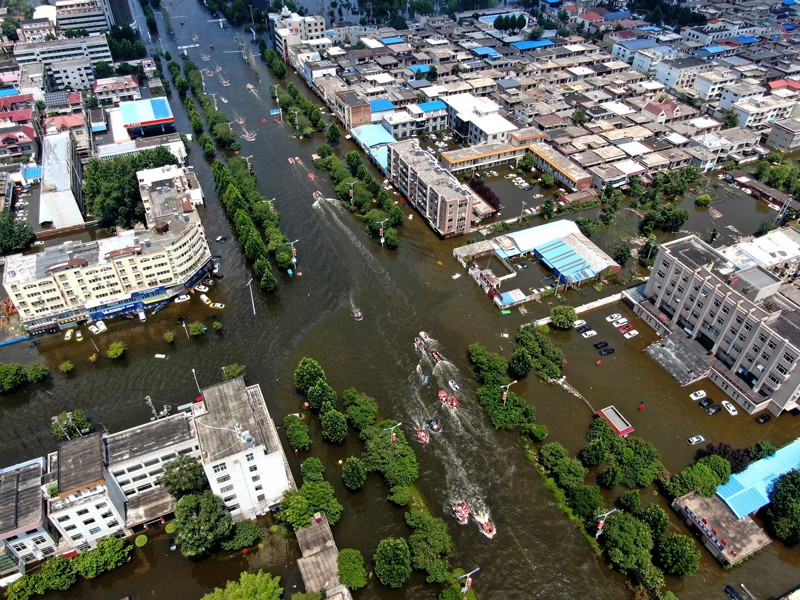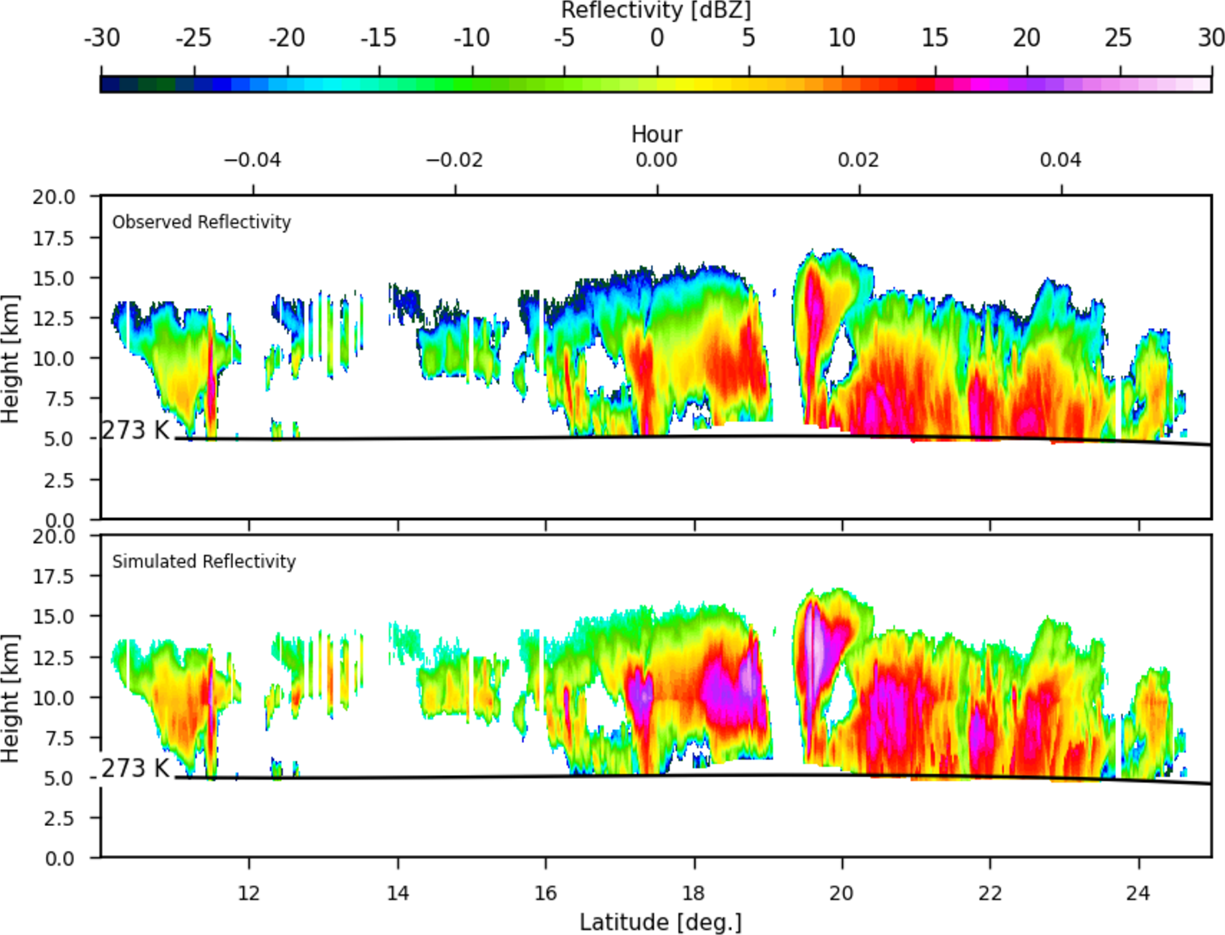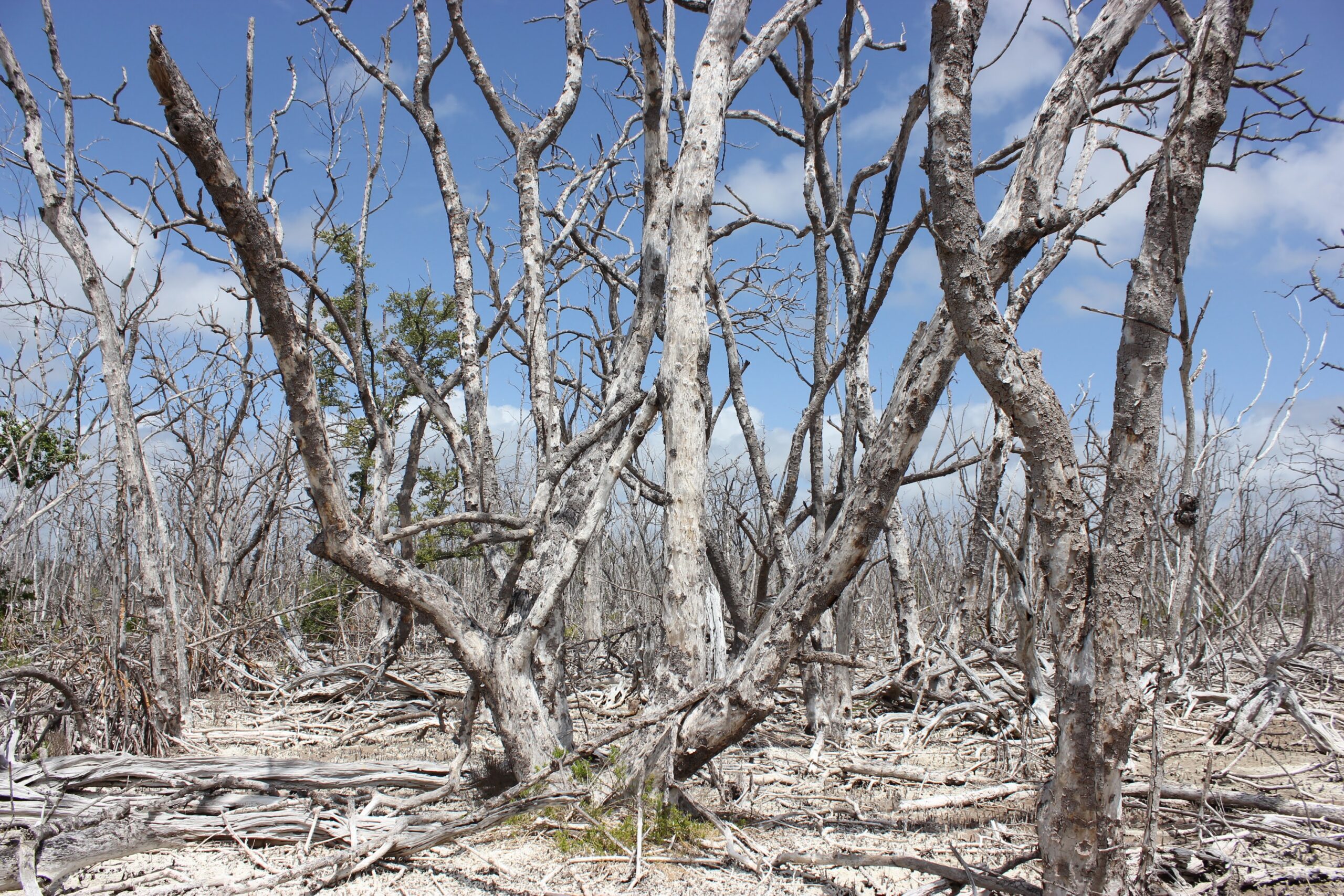
Xin-Zhong Liang was recently published in Nature’s “News and Views” section giving his insight on new research that reported a comprehensive assessment of changes in gross regional product (GRP) relating to excessive precipitation. The study concluded that increases in the numbers of wet days and in extreme daily rainfall dramatically reduces worldwide macroeconomic growth rates.
The study analyzed global annual GRP estimates in the agricultural, industrial, and services sectors from 1,554 subnational regions across 77 countries, combined with high-resolution records of global daily precipitation over the past 40 years. By using such detailed statistics and correlating them with subnational economic output, the authors demonstrate that the details of an extreme event, where and when it hits, can have a profound effect on the assessment of its macroeconomic impact. They found that high-income nations were harder hit by precipitation increases than low-income countries. This overturns the previous hypothesis that large, developed economies are better equipped to respond to catastrophe.
The study also suggests that the services and manufacturing sectors are worse off than the agricultural sector when subjected to increases in wet days and excessive precipitation. In fact, agricultural productivity is relatively insensitive to climate anomalies — a finding that seems at odds with conventional wisdom.
“In attempting to forecast the impact of these increases, a major problem is that most climate models underestimate extreme precipitation, and so projections are associated with large uncertainties,” wrote Liang, “With the help of numerical modeling and machine-learning techniques, further research might uncover the physical mechanisms behind the increase in precipitation extremes, and offer ways to mitigate them. Until then, improved understanding of the uncertainties associated with climate models will enable policymakers to estimate rainfall extremes more accurately and to manage the related economic risks more effectively.”
Liang has been working at the University of Maryland since 2011. He received his Ph.D. in Atmospheric Dynamics at the Chinese Academy of Sciences in Beijing in 1987. Last year, he was elected a Fellow of the American Meteorological Society (AMS).
To access the paper, click here: “Extreme rainfall slows the global economy”.





